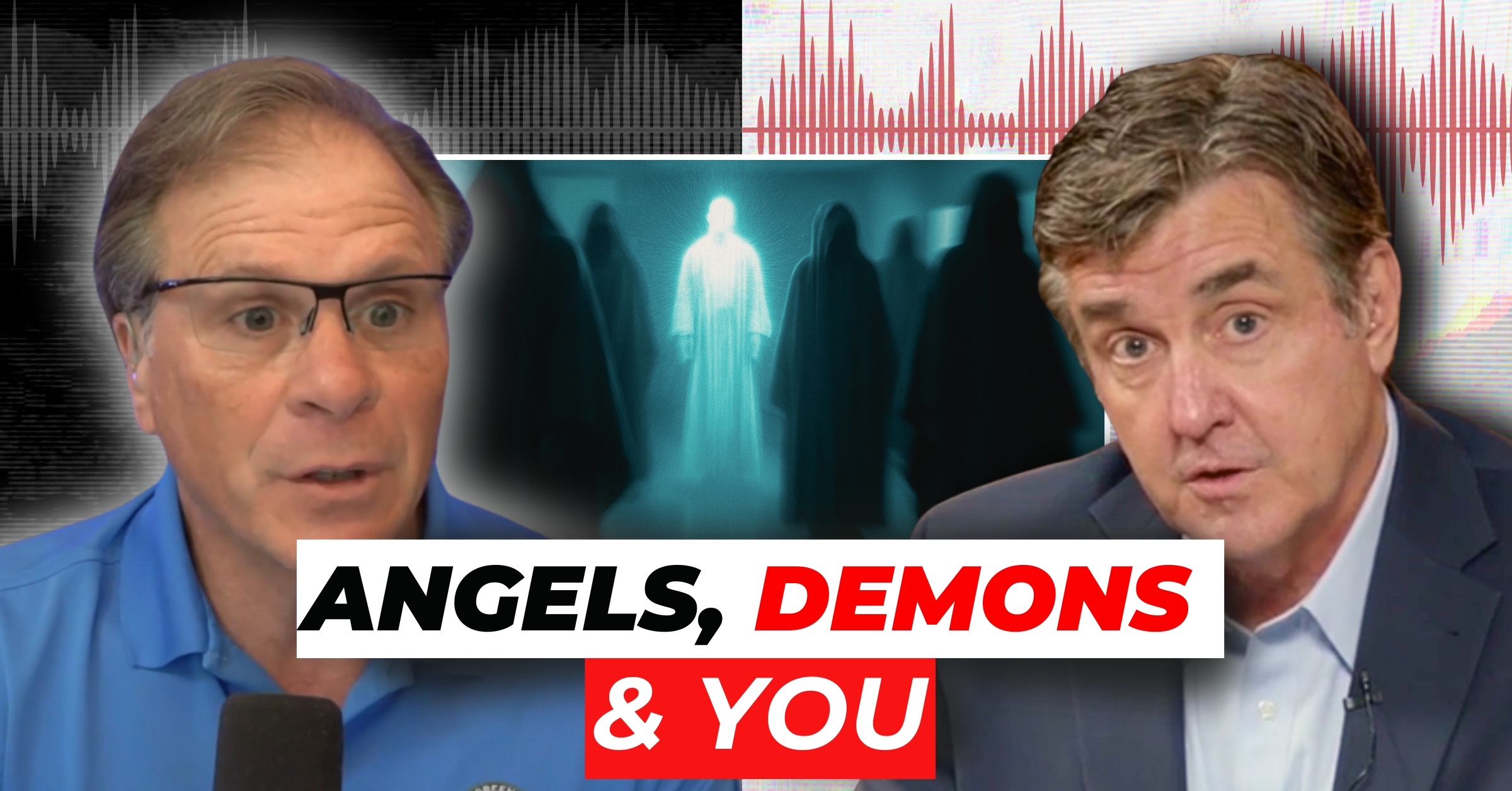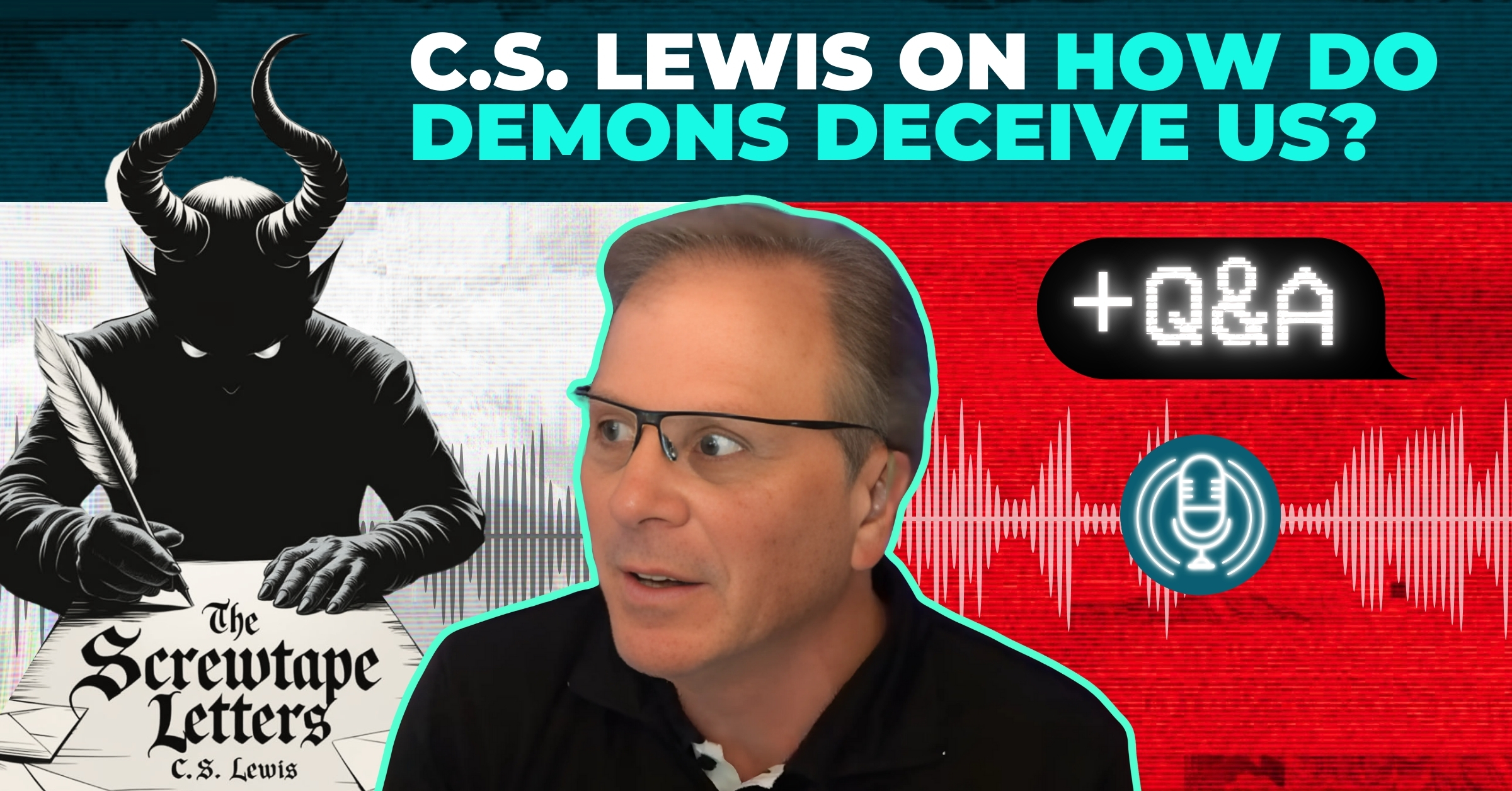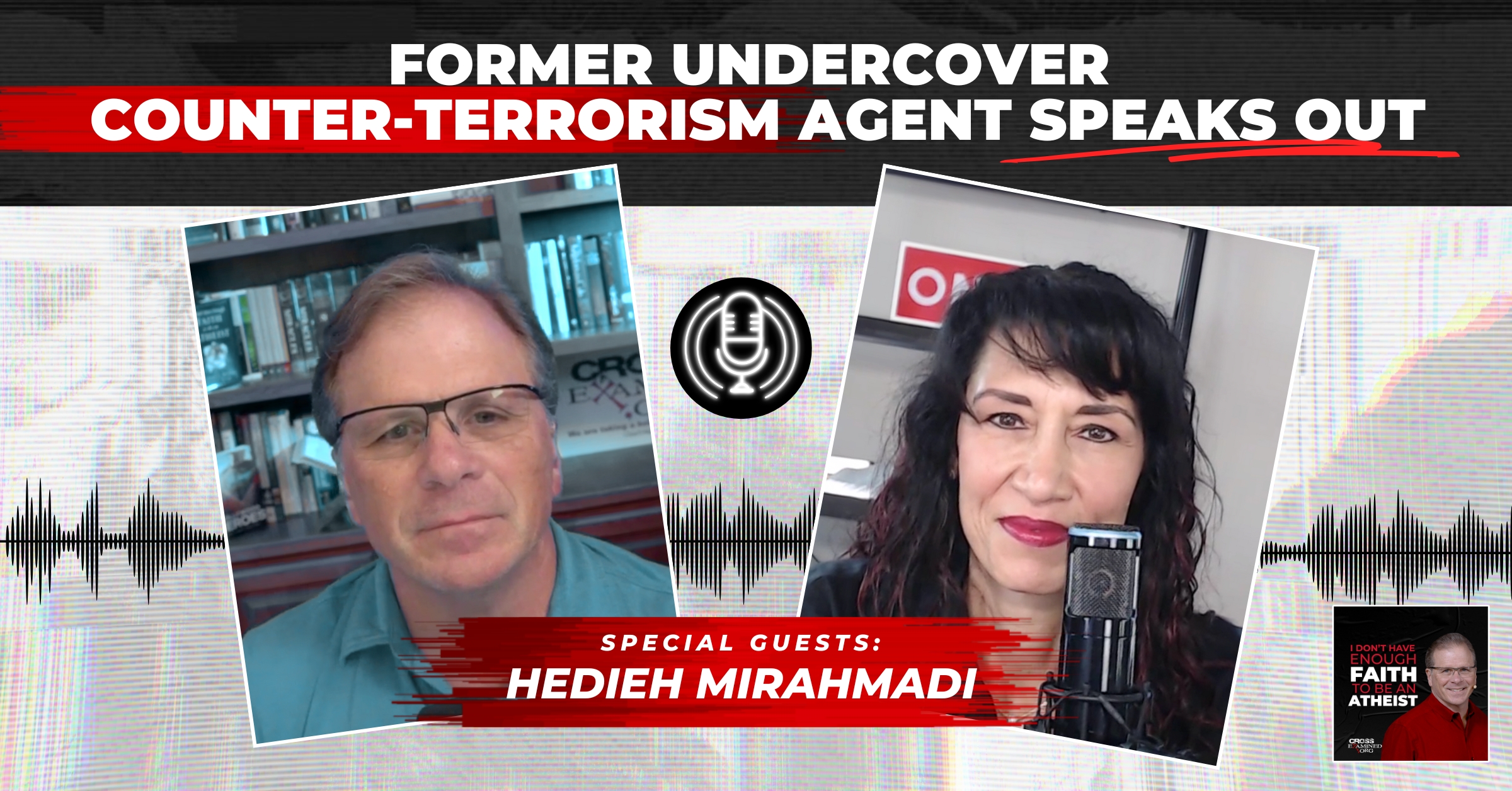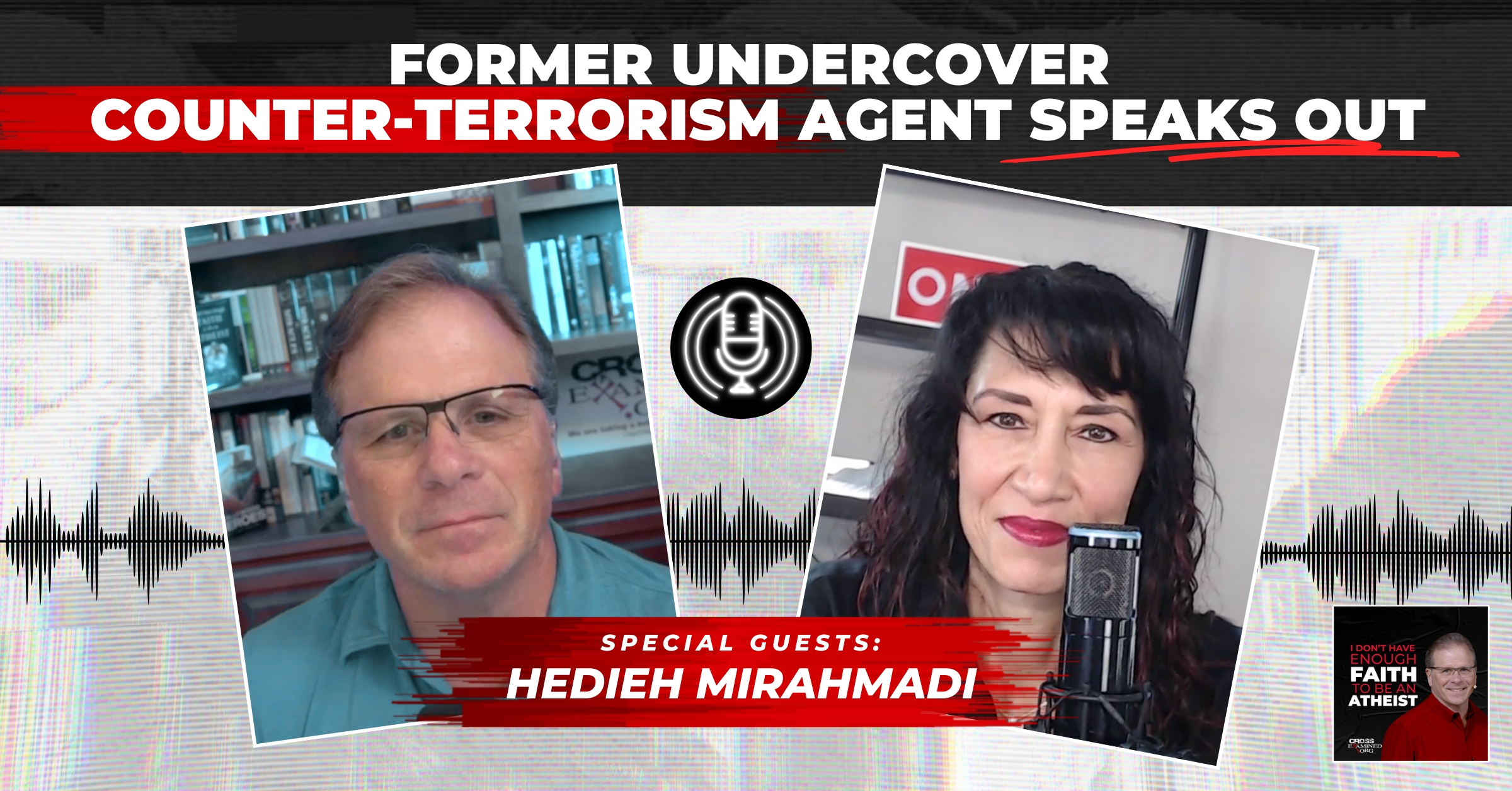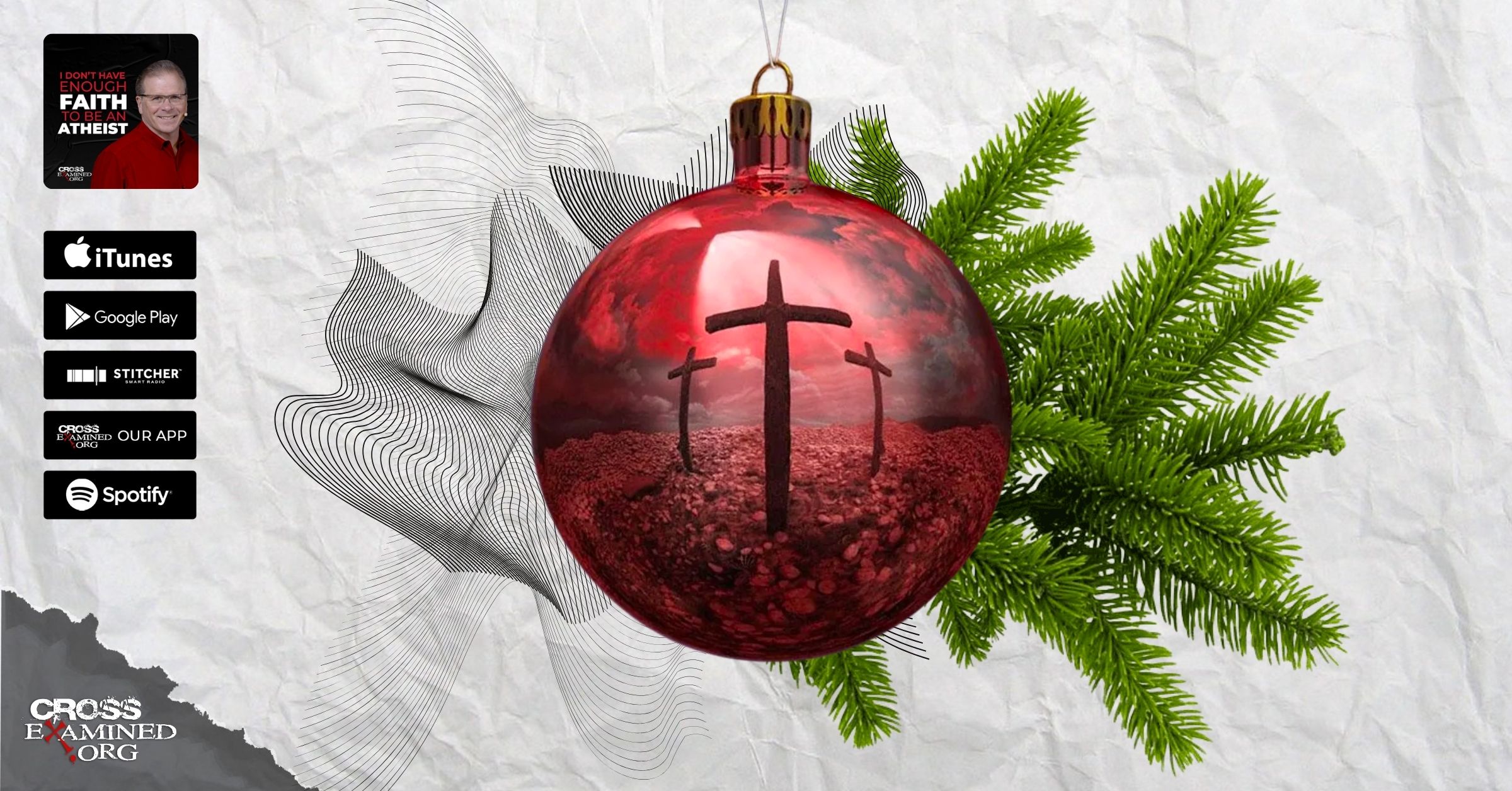I was in a Global Studies conference a few months ago when a retired minister asked me an interesting question. He told me, “I like to take Christian young men to the local mosques so they can learn about Islamic beliefs; however, I’m wondering what would be a good question to ask our Muslim friends in order to get to know them and let them know about Jesus.” I believe this is a very important question I would like to answer here.
Talk about Jesus Christ from A Christian Perspective
One of the sharp differences between Islam and Christianity is the nature of Jesus. Who he is and what he did. Christians can approach their Muslim neighbors and tell them about Jesus in two ways: 1) What do the Gospels say about Jesus? 2) What do the Qur’an and Hadiths say about Jesus? One of the stories that is not mentioned in the Qur’an and Hadiths about Jesus is how he dealt with nature. These stories might resonate well with Muslims and explain Jesus’s authority over nature and creation. The stories of Jesus calming the storm and resurrecting the widow’s son show the uniqueness of Christ and his supremacy over nature.
The texts that can be used for Jesus calming the storm are Matt 8:23-27; Mark 4:35-41; Luke 8:22-25 (ESV). The text that can be used for Jesus raising a widow’s son from the dead is Luke 7:11-15. After reading the Bible, a Christian can ask, “In your opinion, what is the significance of Jesus calming the storm?” or “What is the significance of Jesus raising the dead? The story of Jesus calming the storm is not mentioned in the Qur’an and asking this question will help Muslims think deeper about Jesus. However, the Qur’an mentions that Jesus raised dead people without mentioning who they are. Christians should emphasize that Jesus did these miracles in public, in front of many witnesses, and it was written down within the same generation of people who saw them. It was not collected hundreds of years later (like in the case of the miracles of Mohammad). These stories are more historically reliable because they are better witnessed, attested to, and written within a short period of time. There is no reason for Christians not to believe it and there are many reasons to think about their significance.
It is a good idea for Christians to read to their Muslim friends from the Bible these stories and not just recite a verse from memory or explain the story using their own words. In this way, Muslims will be able to differentiate between the words of the Bible and the words of the Christians. It also assures the Muslims that these stories are written in the Bible and no one is tricking them by creating imaginative stories about Jesus.
Talk about Jesus Christ from an Islamic Perspective
Christians need to learn what Islamic literature says about Jesus. According to the Qur’an, Jesus has a sinless nature, was of a virgin birth, was a creator, and will return to judge the world. Due to the limited space, I will write about the virgin birth of Jesus and if the reader would like to learn more about the other points, they can read my article “Does Islamic Literature Suggest Jesus is God?” In this paper, I discuss major themes about what Islamic literature says about Jesus and I compare these themes to other prophets to show the superiority of Christ.
Muslims believe that Jesus was born of a virgin. The Islamic narrative is mentioned in the Qur’an. Allah says,
“We sent to her Our Ruh [angel Jibril (Gabriel)], and he appeared before her in the form of a man in all respects … (the angel) said: ‘I am only a messenger from your Lord, (to announce) to you the gift of a righteous son.’ She said: ‘How can I have a son, when no man has touched me, nor am I unchaste?’ He said: ‘So (it will be), your Lord said: “That is easy for Me (Allah), and it is a matter (already) decreed, (by Allah)”’” (Surah 19:17-20 Al-Hilali and Khan).[i]
These verses record what Allah said and did with Mary. He sent his spirit to Mary, which appeared to her like a man. Islamic scholars added to the Qur’anic text that “Our Spirit” is the angel Gabriel, but the Qur’anic story does not say that the Spirit of God appeared in the resemblance of angel Gabriel.
Jesus’s virgin birth narrative is also mentioned in Surah 3:42-47 with a salient change. Notice verses 42 and 45. They mention a group of angels appearing to Mary to deliver the message to her. “When the angels said: ‘O Marium! surely Allah has chosen you, purified you… When the angels said: O Marium, surely Allah gives you good news with a Word from Him (of one) whose name is the Messiah…” (Shakir). It is unclear how Islamic scholars conclude that Gabriel is the one who told Mary the good news about Jesus; thus, this could serve as a good question to ask to help Muslims think deeply about the details of the Qur’anic story of Jesus’s birth.
Muslim scholars believe that the virgin birth of Jesus does not point to his deity. Here, Christians can ask the question, “What is the reason or the purpose that made God choose the virgin birth as a method to bring Jesus to earth?” The fact that Jesus came to this earth through a miracle (virgin birth) and left it through another miracle (ascending to God) raises a major question mark about his nature. These two events never happened to any other prophet, not even to Muhammad himself.
Usually, Muslims quote the Qur’an to show their Christian friends that there is nothing special about Jesus coming from a virgin. Mohammad states in Surah 3:59 “Verily, the likeness of ‘Isa (Jesus) before Allah is the likeness of Adam. He created him from dust, then (He) said to him: ‘Be!’—and he was.” So, “God created Adam from dirt, then said to him: be, and there He became, through no mediation of a father or a mother. God created Adam in a more glorious way than He created Jesus from a mother with no mediation of a father.”[ii] Creating Adam from dirt is indeed a very special act that only God can do; however, according to the Qur’an, Jesus did the same miracle when he created a bird from the dirt without the need for a mother and a father of birds (Surah 3: 49). In other words, if this act is extremely unique because it belongs to Allah only, then Jesus did what is extremely unique when he created the bird—how can a mere man do what only God can do?
In fact, according to Islamic logic, creating a person by using a virgin woman, without the need of a father, should be seen as more unique than creating a person from dirt because it has never occurred in human history, and no one else has done it except God himself. Allah solely used the virgin birth, but Allah and Jesus both created a lively being from dirt. Creating through virgin birth points to a greater and higher act of creation because it belongs to God only.
To reply to the idea of the likeness of Jesus and Adam from a Christian perspective, Christians can bring Paul’s argument in Romans 5:18 to the attention of the Muslims. Paul states, “Just as one trespass resulted in condemnation for all people, so also one righteous act resulted in justification and life for all people” (Rom. 5:18). This is the way that the likeness of Adam and Jesus should be regarded. Jesus should be considered more important than Adam or any other prophet, not only because of his virgin birth but because of the many additional attributes, events, and actions that Adam did not enjoy, have, or do. Their likeness is related to their roles regarding the human condition and salvation. There are, however, many additional aspects that Jesus enjoyed, and Adam did not (such as the virgin birth, performing miracles, and being pure/holy because he wasn’t touched by Satan …etc.). These actions help Christians think that Jesus’s nature is superior to the nature of Adam.
Asking questions helps Muslim brothers and sisters to think deeply about the stories that their Qur’an mentions. Therefore, Christians need to educate themselves on these stories by learning the differences between the Islamic and Christian versions and asking good questions that help others think critically and respectfully.
References:
[i] All the information and names that are between brackets and square brackets are added by Al-Hilali and Khan to help the readers understand the literal meaning of the verse.
[ii] Abdu Al-Rahman Al-Baghdadi, Al-Fariq bain Al-Khaliq wa Al-Makhlouq fi Dahid Aqidet and Tathleeth wa Ithbat Aqidet Al-Tawheed (Beirut, Lebanon: Dar Al-Kutub Al-Ilmiya, 1987), 49.
Recommended Resources:
Answering Islam by Dr. Frank Turek (DVD Set, Mp4 and Mp3)
Why We Know the New Testament Writers Told the Truth by Frank Turek (DVD, Mp3 and Mp4)
Can All Religions Be True? mp3 by Frank Turek
Another Gospel? by Alisa Childers (book)
Sherene Khouri was born into a religiously diverse family in Damascus, Syria. She became a believer when she was 11 years old. Sherene and her husband were missionaries in Saudi Arabia. Their house was open for meetings, and they were involved with the locals until the government knew about their ministry and gave them three days’ notice to leave the country. In 2006, they went back to Syria and started serving the Lord with RZIM International ministry. They traveled around the Middle Eastern region—Turkey, Jordan, Egypt, Lebanon, Syria, and United Arab Emirates. Sherene was also involved in her local church among the youth, young adults, and women’s ministry. In 2013, the civil war broke out in Syria. Sherene and her husband’s car was vandalized 3 times and they had to immigrate to the United States of America. In 2019, Sherene became an American citizen. Sherene is an assistant professor at Liberty University. She teaches Arabic, Religion, and Research classes. Sherene holds a Ph.D. in Theology and Apologetics, M.A. in Christian Apologetics from Liberty University, and B.S. in Biblical Studies from Moody Bible Institute. She is also working on a Master of Theology in Global Studies at Liberty University and a M.A in Arabic and Linguistics from PennWest University.
Originally published here: https://bit.ly/3yBR1PP


